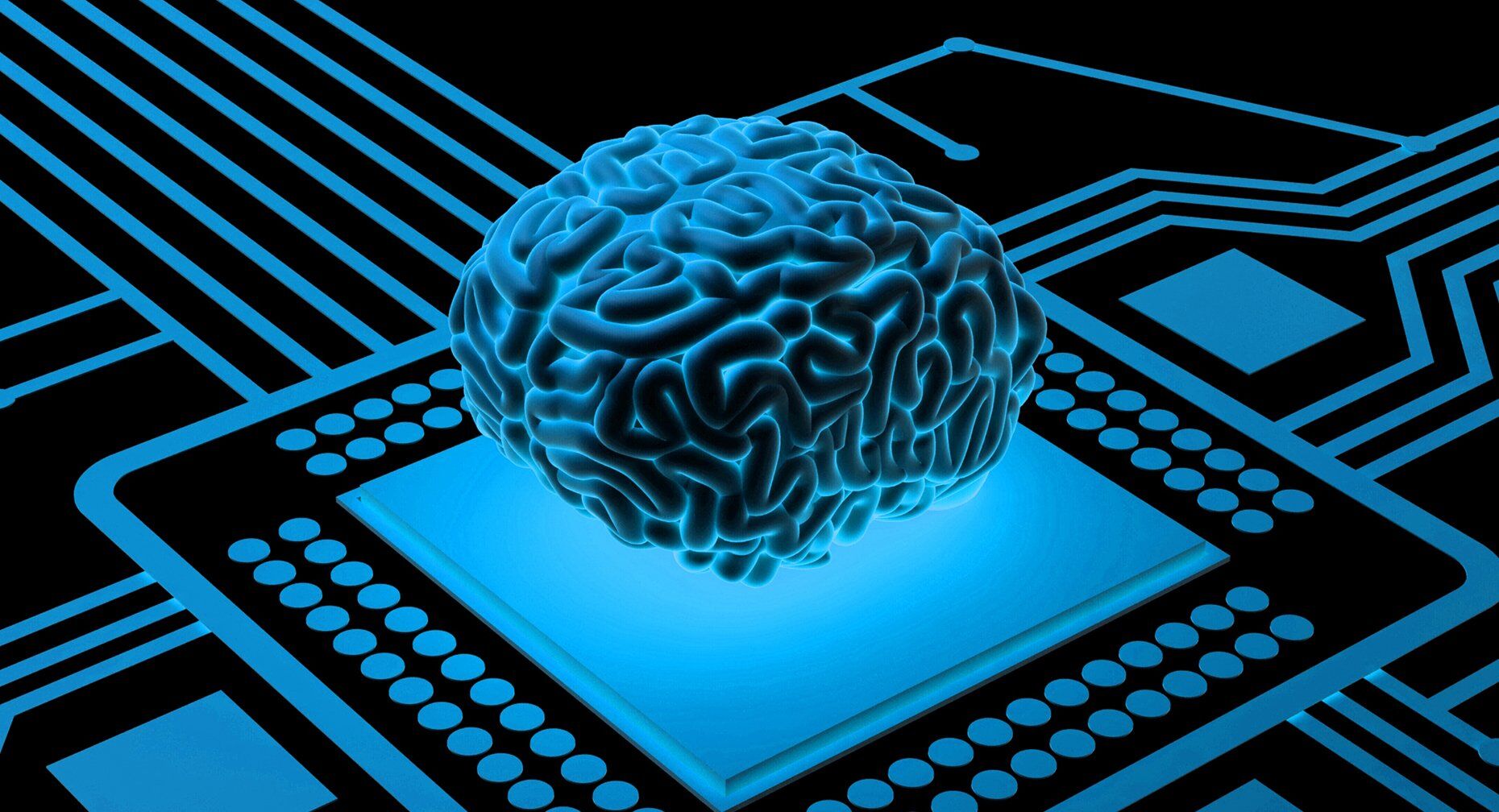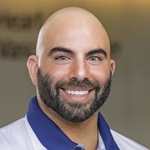Linking Brain to Computer: Science or Science Fiction?

Answer a few questions and we'll provide you with a list of primary care providers that best fit your needs.
Creating a brain-computer connection by implanting electrodes in the brain is the latest ambition of entrepreneur Elon Musk, who recently announced formation of a new company called Neuralink.
This push to enhance brain power with computer power is more science fiction than realistic neuroscience, says neuropsychologist Fadi Tayim, PhD, of the Clinical Neuroscience Institute. He told Premier Health Now, “It doesn’t seem feasible that one electrode or implant can capture the vast amounts of orchestrated neurocognitive and neuroanatomical functioning that happens in our brains.”
He isn’t saying it won’t ever be possible, but it is a long way off. Musk’s objective is to interface the brain with technology to make the brain faster, smarter and healthier.
Dr. Tayim says what Musk wants to achieve is contingent upon knowing 100 percent of the brain — all of its functions, neuro-circuitry and thought paradigms. Yet, 40 percent of the brain is uncharted neurological territory.
“We truly understand only about 60 percent of brain functions, mapping neurocognitive functions to neuroanatomical correlates,” Dr. Tayim says.
Implanting an electrode in a single, targeted location can’t resolve depression, for example, because depression occurs across diffuse regions of the brain, and is expressed in many different ways.
He says the popular science image of the brain as a computer is false. “It’s oversimplifying the vast intricacies of our brain,” he explains. “The brain isn’t running on code and programming. A lot of it is based on instinct or biological factors. It’s organic tissue.”
Watson’s Limitations
One of Musk’s fears is that computers will outstrip human thinking ability. Dr. Tayim, however, sees the human brain firmly in control, with computers complementing human skills.
Consider Watson, for example, IBM’s highly sophisticated analytical tool that’s helping physicians make critical decisions about treatments and assisting organizations with consulting practices.
“Watson incorporates pre-existing data into a decision tree,” Dr. Tayim says. “It has finite applications. It can’t tell you how to feel about something or the best thing for you to do in every situation.”
Our brains, on the other hand, incorporate instinct, intuition, creativity and emotion. “Robots are tools to assist the skills and talents of humans,” Dr. Tayim says. “We can only propel our technology to the point where it serves a utilitarian purpose for us. It’s yet to be seen that machine will surpass man.”
Answer a few questions and we'll provide you with a list of primary care providers that best fit your needs.
Source: Fadi Tayim, PhD, Division Chief of Neuropsychology, Clinical Assistant Professor of Neurology, Wright State University & Premier Health Clinical Neuroscience Institute; CNN Tech





